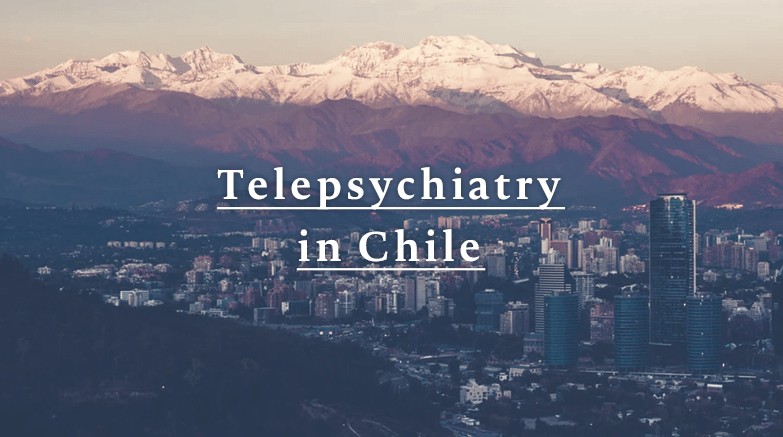The mental health of our country is suffering. This is probably not news to anyone, but the actual statistics might surprise you. According to the WHO – World Health Organization – 23.2% of Chileans, almost 1 out of every 4 people, have some type of psychiatric condition.
Of countries in the OECD – Organization for Economic Cooperation and Development – Chile ranks second for the highest increase of the suicide rate over the last 15 years. Anxiety disorders, major depression and stress have been steadily and considerably increasing in our population.
Considering all this, the obvious question arises: why don’t people who need it seek professional help? There are many answers to this single question: high costs, low insurance coverage, shortage of specialists in the public system, and the inability to travel sometimes great distances to urban centers.
Given the dire state of affairs in Chile, it is urgent to increase public spending on Mental Health – which is a mere 2.1% of the overall healthcare budget – and increase the coverage of mental healthcare benefits. But also, for much of the population, one challenge that must also be overcome is that of geographical distances.
Telemedicine has been one of the greatest recent innovations in medical technology. Indeed the medical field is buzzing with talk about bringing people closer to health, no matter where they are on the planet.
“Telepsychiatry is one of the four major fields that technology will open in the future of this medical practice, at a level almost as important as the development of psychotropic drugs during the twentieth century,” says The Future of Digital Psychiatry study, published in August 2019 inCurrent Psychiatry Reports.
According to the study, development of telepsychiatry will greatly benefit patients, for instance by facilitating early diagnosis and the creation of personalized treatment plans.
But perhaps most importantly, given the ease of digital communication, telemedicine creates a convenient platform for the specialist to partner with patients and closely follow their treatment.
Telepsychiatry has already been tested in the northern hemisphere and has demonstrated an efficacy on par with face-to-face consultations, and, furthermore, as this particular specialty in great part relies upon an examination of the patient’s mental state (as opposed to purely physical) it offers a good alternative in cases where time-consuming travel might otherwise prevent a patient from finding adequate care.
For at least a decade telepsychiatry has been used In Spain’s public health system as a tool to diagnose patients, prescribe medication, and conduct psychotherapy. Doctors of Spain’s National Association of Private Psychiatry have affirmed that by adjusting ”…the communicative behavior of the professional and applying the necessary protocols, the patients show great satisfaction throughout their treatment”.
Sometimes cultural influences — such as a lack of emotional education, or the notion that we must “be strong” in the face of adversity — cause many people in our country to ignore or underestimate their mental health problems. Unfortunately, these problems, if not properly treated, will end up affecting our family, work life, and many other aspects of our lives in general.
The main objective of the digital world is, ultimately, to erase the distances that limit interpersonal communication. Being a state-of-the-art tool, we can only expect that the medium will consistently improve thanks to ongoing research.
Telepsychiatry, in the end, is rich with promise for our country. Indeed, Chile’s geography and civic composition concentrates the majority of its medical specialists in urban centers and leaves too many citizens with urgent mental health needs stranded. We can look forward to a time in the not-so-distant future in which telepsychiatry better meets the mental health needs of our population by more easily partnering specialists with those in need.


